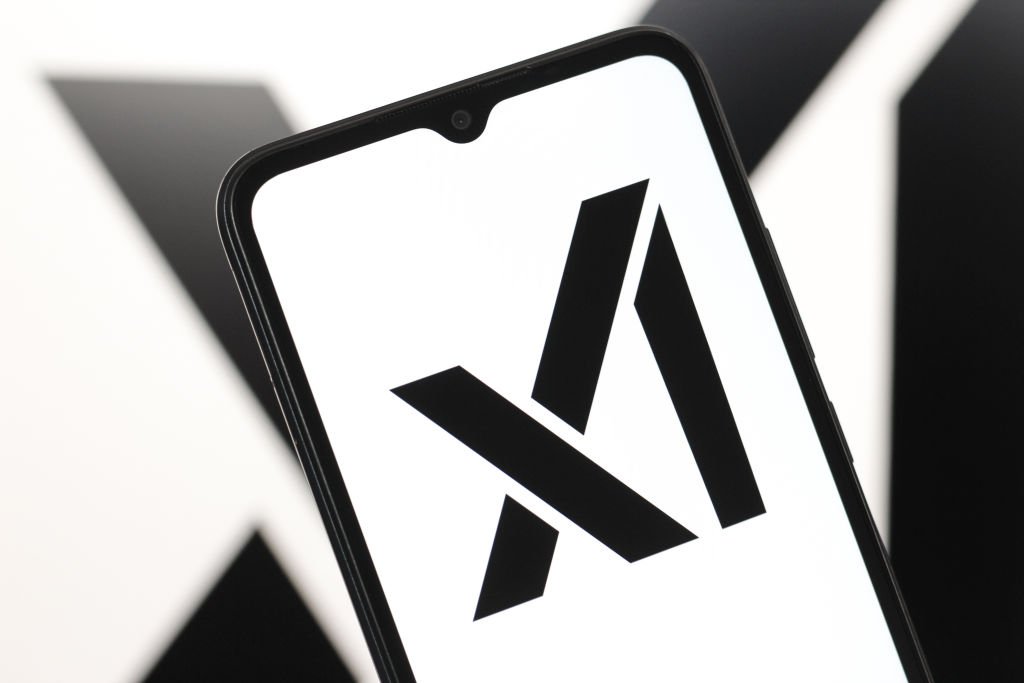Robert Keele Steps Down as XAI’s Legal Head to Focus on Family
In a heartfelt announcement, Robert Keele has declared his resignation from xAI, where he held the position of head of legal for just over a year. His decision stems from a desire to dedicate more time to his children. Acknowledging a divergence in perspectives with CEO Elon Musk, Keele shared the news without any comment from Musk on his exit.
A Balancing Act: Family Over Career
“I love my two toddlers and I don’t get to see them enough,” Keele expressed in his posts on X and LinkedIn. Despite describing his tenure at the AI startup as “incredible” and calling his collaboration with Musk “the adventure of a lifetime,” he felt he could no longer juggle both family and work commitments.
Support from the Community
Keele’s announcement has sparked a wave of support on social media, resonating with both xAI colleagues and fellow parents. When he joined xAI in May 2024 as its inaugural legal chief, he had just launched a brief tenure with a fractional legal firm, noting, “Keele Law had a good run (~3 weeks!), but I couldn’t pass up an opportunity to run legal at xAI,” and described himself as “beyond stoked, and insanely lucky.”
Growth and Acquisitions at xAI
Keele joined xAI just ahead of a significant $6 billion Series B funding round back in May 2024, backed by prominent investors including Andreessen Horowitz and Sequoia Capital, boosting the company’s valuation to $24 billion. Shortly after, xAI rapidly expanded, acquiring Musk’s social media platform X in March, which valued xAI at $80 billion and X at $33 billion, according to Musk’s comments at the time.
Background and Successor
Prior to his role at xAI, Keele served as head of legal at Elroy Air and as general counsel for Airbus’s Silicon Valley innovation center. Taking over his responsibilities is Lily Lim, who came to xAI after a rich career, including time at NASA as a rocket scientist focusing on spacecraft navigation for mapping Venus’s surface. She joined xAI in late 2024, specializing in privacy and intellectual property.
Trends in Executive Turnover under Musk
Keele’s departure aligns with a trend of executive turnover across Musk’s ventures. Following the recent exit of X CEO Linda Yaccarino, Tesla has seen several key executives leave, while Musk expects employees to commit intensely to their roles, sometimes requiring extreme measures like sleeping in the office.
The Shift in Corporate Culture
Meanwhile, some startups in the industry reflect a similar mindset by pushing for aggressive workforce reductions, as seen with AI coding company Cognition. Its CEO recently communicated to staff his disbelief in the concept of work-life balance.
TechCrunch Event
San Francisco
|
October 27-29, 2025
Sure! Here are five FAQs regarding the recent news about xAI’s legal chief stepping down:
FAQs
1. Why did xAI’s legal chief step down?
The legal chief’s resignation comes after a tumultuous year marked by significant challenges and high-profile initiatives within the company. Specific reasons for the departure may include personal decisions or disagreements over company strategy.
2. What were some major events during the legal chief’s tenure?
During the legal chief’s time at xAI, the company navigated complex regulatory landscapes, engaged in notable litigation, and implemented new compliance measures. This period also involved significant public scrutiny over AI-related legal issues.
3. Who will replace the legal chief at xAI?
As of now, xAI has not announced a successor. The company typically conducts a thorough search process to find a qualified candidate who aligns with its strategic vision and legal requirements.
4. How might this leadership change affect xAI?
Changes in leadership can lead to shifts in company policy or strategy, particularly in legal approaches. Stakeholders may expect reassessments of compliance strategies and potential adjustments in ongoing legal matters.
5. What does this mean for xAI’s future legal strategies?
The departure of the legal chief may prompt xAI to reevaluate its legal strategies, particularly in handling regulatory challenges and intellectual property issues. The company is likely to focus on strengthening its legal framework to support its evolving business objectives.
Feel free to adjust or elaborate on any of these points!




